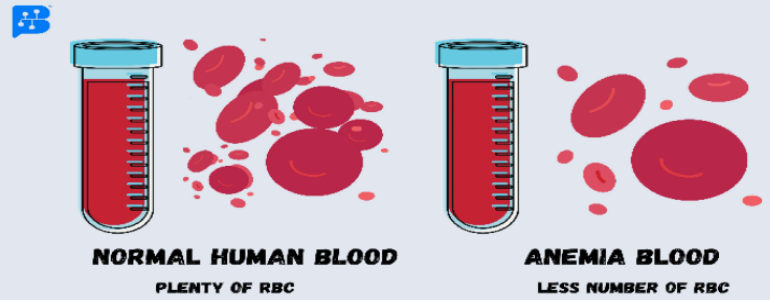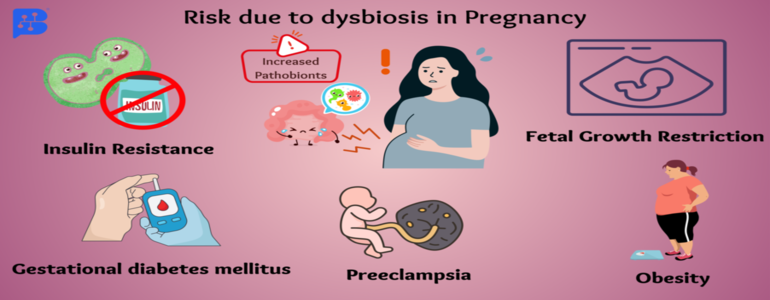- July 18, 2023
- BugSpeaks
- Microbiome and Disease
Leaky Gut Syndrome: Causes, Symptoms, and Treatment Options
In recent years, there has been growing recognition of the importance of the gut microbiome in maintaining overall health and well-being. One condition that has gained significant attention is leaky gut syndrome. Also known as increased intestinal permeability, leaky gut syndrome refers to a condition where the lining of the intestinal wall becomes compromised, allowing substances to leak into the bloodstream that would normally be filtered out. In this blog post, we will delve into the causes, symptoms, and treatment options for leaky gut syndrome, shedding light on this complex condition.

Causes of Leaky Gut Syndrome:
Leaky gut syndrome can be caused by a variety of factors, including:
Poor Diet: Consuming a diet high in processed foods, sugars, and unhealthy fats can contribute to inflammation and damage to the intestinal lining.
Chronic Stress: Prolonged stress can disrupt the balance of the gut microbiome, leading to increased intestinal permeability.
Environmental Factors: Exposure to environmental toxins, such as pesticides, heavy metals, and pollutants, can damage the intestinal lining and contribute to leaky gut.
Medications: Certain medications, such as non-steroidal anti-inflammatory drugs (NSAIDs), antibiotics, and corticosteroids, can disrupt the gut microbiome and contribute to intestinal permeability.
Imbalance in Gut Microbiome: An imbalance in the gut microbiome, with an overgrowth of harmful bacteria and a depletion of beneficial bacteria, can contribute to the development of leaky gut syndrome.
Symptoms of Leaky Gut Syndrome:
The symptoms of leaky gut syndrome can vary from person to person, and they may manifest in different ways. Some common symptoms include:
Digestive Issues: This can include bloating, gas, diarrhea, constipation, and abdominal pain.
Food Sensitivities: Leaky gut syndrome can lead to an increased immune response to certain foods, causing food sensitivities or allergies.
Fatigue and Low Energy: As the body becomes less efficient at absorbing nutrients, fatigue and low energy levels may arise.
Skin Problems: Leaky gut syndrome has been linked to skin conditions such as eczema, acne, and psoriasis.
Joint Pain and Inflammation: Increased intestinal permeability can trigger an immune response, leading to joint pain and inflammation.
Treatment Options for Leaky Gut Syndrome:
Dietary Modifications: Adopting an anti-inflammatory diet rich in whole foods, such as fruits, vegetables, lean proteins, and healthy fats, can help reduce gut inflammation and support the healing process.
Probiotics and Prebiotics: Consuming probiotic-rich foods or taking probiotic supplements can help restore a healthy balance of beneficial bacteria in the gut. Prebiotic foods, such as onions, garlic, and bananas, can also nourish the beneficial bacteria.
Gut-Healing Supplements: Certain supplements, such as L-glutamine, zinc, and omega-3 fatty acids, can aid in repairing the intestinal lining and reducing inflammation.
Stress Management: Incorporating stress management techniques, such as meditation, yoga, and regular exercise, can help reduce stress and support gut health.
Avoiding Triggers: Identifying and avoiding potential triggers, such as processed foods, alcohol, and certain medications, can help prevent further damage to the gut lining.
Conclusion:
Leaky gut syndrome is a complex condition that can have a significant impact on overall health and well-being. Understanding the causes, symptoms, and treatment options is crucial for those seeking to address this condition.
By adopting a holistic approach that includes dietary modifications, gut-healing supplements, stress management, and the restoration of a healthy gut microbiome, individuals can take important steps towards repairing the intestinal lining and improving their overall health. Remember, it is always advisable to consult with a healthcare professional before making any significant changes to your diet or treatment plan.








